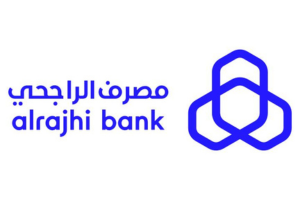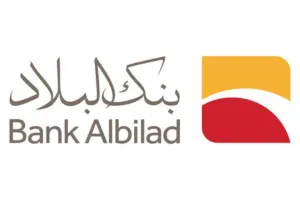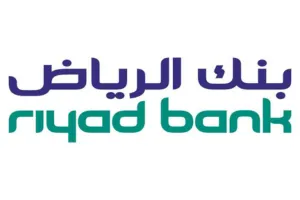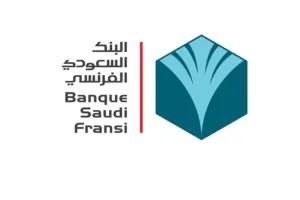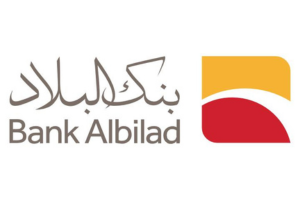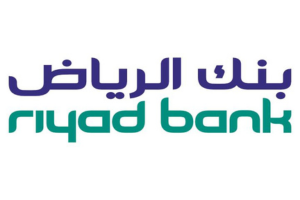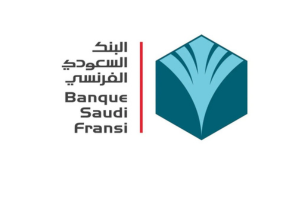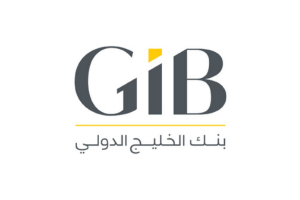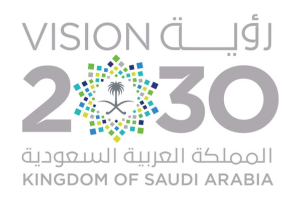Seawater desalination project with renewable energy technologies
Establishing a seawater desalination plant based on renewable energy technologies, such as solar and wind energy, to provide clean and sustainable drinking water. The project contributes to enhancing water security, reducing dependence on groundwater sources, and minimizing the environmental impact of traditional desalination plants that rely on fossil fuels.
Opportunity Content
Rationale for choosing the project
Scarcity of fresh water resources: Many of Saudi Arabia’s coastal and desert areas suffer from a severe shortage of natural water sources, increasing the need for seawater desalination.
Moving toward clean energy: The project relies on renewable energy, reducing reliance on fossil fuels: The project relies on renewable energy, minimizing dependence on fossil fuels and reducing carbon emissions.
Growing demand for desalinated water: Saudi Arabia’s growing population and urbanization are driving the need for sustainable water sources.
Supporting Saudi Vision 2030: The project is in line with the Kingdom’s drive to promote clean energy solutions and environmental sustainability.
High costs of conventional desalination: Relying on renewable energy reduces operating costs in the long term, enhancing the economic viability of the project.
Investment advantages
Low long-term operating costs: The use of renewable energy such as solar or wind power reduces operating costs compared to conventional fossil fuel-based desalination plants.
Growing and sustainable demand for desalinated water: With high rates of population growth, urbanization and industrialization, the demand for desalinated water continues to increase, ensuring the sustainability of the project.
Government support and investment incentives: Saudi Arabia provides incentives for investment in desalination and renewable energy projects, including concessionary financing and tax breaks.
Alignment with Saudi Vision 2030: The project contributes to achieving Vision 2030 goals related to environmental sustainability and optimal use of natural resources.
Competitive advantage and advanced technologies: Combining modern desalination technologies with renewable energy provides an innovative solution that minimizes environmental impact and enhances operational efficiency.
Potential for expansion and export: The project can expand to meet the needs of neighboring countries suffering from water shortages, opening up additional revenue opportunities.
Opportunities for strategic partnerships: Potential to collaborate with government agencies, water companies, and the private sector to distribute desalinated water and expand the scope of beneficiaries.
Environmental sustainability and reduced carbon emissions: The use of renewable energy sources contributes to reducing the carbon footprint, which enhances the chances of obtaining green financing and international support for the project.
Demand analysis
Domestic market: Saudi Arabia is one of the largest consumers of desalinated water globally, with more than 60% of the country’s drinking water being desalinated.
Industrial sector: Major industries such as petrochemicals, mining, and food industries require large quantities of desalinated water.
Agricultural sector: Demand for desalinated water is increasing for use in sustainable agriculture and greenhouse projects.
Tourism sector: Coastal resorts and hotels require clean and sustainable water, boosting business opportunities.
Export: Desalinated water can be exported to neighboring countries that suffer from water scarcity, such as some Gulf countries and Yemen.
Financial indicators
Total expected investment: SAR 300-600 million, depending on the size of the plant and the technology used.
Return on Investment (ROI): Expected to range from 12% to 18% per year, based on sustained demand and low operating costs.
Payback period: 6 to 9 years, with improved cash flow after the plant is fully operational.
Annual operating cost: SAR 10 to 20 million,including maintenance, power, and water transportation.
Total production capacity: 50,000 to 200,000 cubic meters per day, depending on the size of the project.
Gross profit margin: Expected to be between 30% to 40% due to lower operating costs compared to conventional desalination plants.
Features of the project
Environmental sustainability: The project relies on renewable energy, reducing fossil fuel consumption and carbon emissions and contributing to sustainability goals.
Low operating costs: Compared to conventional desalination plants, the use of solar or wind energy reduces operating costs in the long term.
Sustainable demand for desalinated water: The growing need for water in the residential, industrial, and agricultural sectors makes the project economically viable.
Government support and investment incentives: The Kingdom provides investment incentives, including concessionary financing, tax exemptions, and regulatory facilities for desalination and renewable energy projects.
Expansion and export opportunities: The plant can be expanded to meet the needs of cities and major projects, in addition to the possibility of exporting desalinated water to neighboring countries.
Modern technologies and high efficiency: The use of the latest reverse osmosis and advanced filtration technologies reduces energy consumption and improves production efficiency.
Strategic partnerships and investment opportunities: Possibility of cooperation with the government, private sector, and companies specialized in water distribution to increase revenues and sustainability of the project.
Contribution to water security: Enhance the Kingdom’s ability to meet the challenges of water scarcity and achieve self-sufficiency through sustainable and reliable sources.















